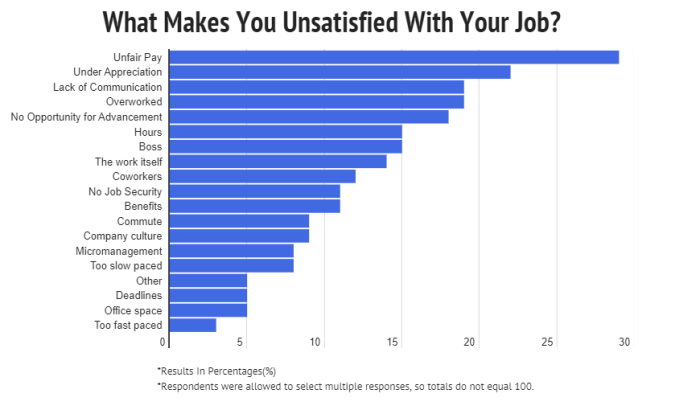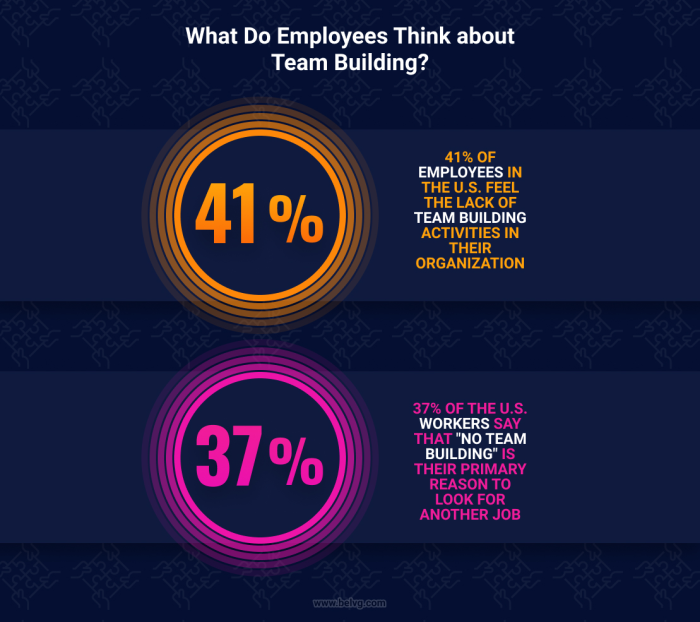6 Tips For Managing Remote Team Conflict
 Publié le 2 June 2023
Publié le 2 June 2023
Help maintain a positive and supportive virtual work environment with 6 tips for managing remote team conflict.
Remote work has been both a blessing and a burden. In common with a great many radical developments, the advantages and disadvantages of being able to work from outside of the physical office have been significant. One of the key disadvantages to remote working is the deterioration in communication. And one of the key effects of poor communication is conflict.
We’ll take a look at what types of conflict can emerge in a business that uses remote teams, before looking at 6 tips for managing remote team conflict that can be used to improve employee relations.
Types of Remote Conflict
Relationship
If you stop seeing a colleague in the flesh every day and instead your relationship is reduced to a monthly or weekly screen catch-up this is going to mean your working relationship is not as sophisticated. Even a team with full remote mobile access will suffer, as nuance and subtlety are lost, replaced by big-picture emotions and representations. Relationship conflict can then result.
This spells disaster when it comes to a difference in view or dissimilarity in character. What might be only a tiny hiccup in face-to-face interaction, to be dealt with there and then and moved on from, can grow into major personality conflicts if the parties don’t have the chance to mediate, compromise, and/or just learn to work in the same space respectively.
In this kind of deterioration, tiny areas of friction can soon escalate into something far more dangerous to company cohesion. Managers and team leaders must always encourage open communication to address issues early on.
Perhaps if workers had been able to meet up and deal with things while they were still small in scale the big problems could have been avoided. Automated webinars can be a valuable tool for maintaining connection and addressing issues in real-time, even if team members are working remotely.
Values
When people all work together, physically in the same building, it’s easier for the positive and supportive company culture to have an influence on the individuals therein. Spread the employees over a large area so that they don’t all commune in the same cultural space, and you will find that without efforts to nurture remote company culture, organizational values can often recede in importance, at least in the eyes of the workforce. The more that team members spend time by themselves working from home, the more their individual ethics and priorities can take precedence over company missions.
This is fine when individual values chime with each other and with the company. Where there is divergence, however, there can be friction.
Task
Collaboration breeds success.

Image sourced from Zippia
It follows then that lack of collaboration is bad for task completion.
Distance can sometimes work its woe on a group, and members can start to resent each other for a perceived injustice. Perhaps there is a belief that some workers are not pulling their weight. Or they’re hogging resources. Or they’re taking all the credit.
When perceptions of others become un-nuanced because of distance, it becomes all too easy to feel that they are in some way enjoying a better deal than you.
The task will then suffer as the team cohesion falls apart. A remote or hybrid workplace solution is then required.
Effects
So, why does remote team conflict matter? Two reasons.
- Team Performance Suffers
We have teams for a reason. The blend of abilities within each collective has been curated to make successful task completion more likely. If the team falls apart, then output is affected and the business suffers.
- Employee Morale Suffers
Just as importantly, when the team fractures, individuals within it can feel demoralized, overlooked, and even victimized. You then get more of them asking themselves why do I hate my job? And knowing exactly why. This can affect individual as well as team results. Worst-case scenarios lead to employees leaving the organization. Many employees become dissatisfied with their job due to pay issues, but unfair treatment and lack of communication are close behind.

Image sourced from Zippia
6 Tips for Managing Remote Team Conflict
- Be Timely
Act while the problem is still small when managing remote team conflict. You’ll have less of a problem to deal with and positive outcomes will be easier to arrive at. Let the problem spread throughout the group and your challenge will be all the bigger.
- Be Real
Sometimes, a manager will feel that a deteriorating team conflict situation will resolve itself with time. Most times, it won’t. This is one of the main reasons managers are there – to identify trouble and do something about it. Not to ignore trouble and hope it goes away.
So, it’s imperative that the manager names the problem. This is the vital first step to identifying the office, remote, or hybrid workplace solution.
To dodge the whole issue will make matters worse. Either the team will think that you’re not interested, which is pretty bad. Or it’ll think you’re completely unaware, which in some ways is worse. What you have then is a small-scale power vacuum, and when these occur, things can get ugly, fast.
So, indicate to everyone that you’re aware of the deal and that you are taking steps to resolve it. And that you’ll take a dim view of any attempts to make matters worse in the meantime. In a physical office space, you’d get everyone together to make this assertion to all at once. With remote teams, you can do the same with Dialpad or other conferencing platforms.
- Be Clear
Just as bad as power vacuums are role muddles. Where there is a lack of distinction over who does what, this is where task conflict can occur. To have two parts of a team warring over territory is wasteful of effort and only leads to more friction.
When managing remote team conflict, set out a clear vision of who has responsibility for what. But go beyond this. Clarify what are the proper channels of communication. To have clandestine disagreements going on on WhatsApp is not helpful. Everything work-related needs to be clearly visible to you as team leader, and to the other relevant parts of the team.
- Be Prepared
We all know that problems can occur in even the most carefully managed organizations. Given this, it’s vital that you have a plan put in place to deal with such situations. Seek input from the team as you prepare your team conflict resolution plan, but be wary of what can look like favoritism.
Then, when you have your conflict response prepared, make sure everyone knows exactly what it is, so that everyone leans into the solution, just like cohesive teams do.
In addition to having a conflict response plan, it’s important to make sure that all team members have the necessary resources to effectively work remotely in the first place. By guaranteeing everyone equal access to the tools and resources they need to work effectively as part of a remote team, it helps employees know that they are equally valued.
- Be Communicative
Good management is all about communication. This is true regardless of the systems you use to keep in touch, be they virtual workspaces, alternatives to Grasshopper, or whatever approach works best for your team. Be clear with your decisions, but also seek feedback and suggestions from your team.
Again, to avoid any accusations of undue weight being given to any part of the team, it’s important that you use formalized structures for feedback capture. Surveys that are delivered in the same way to everybody and which solicit anonymous data are clearly a good idea here.
- Be Team-Focused
Employees like team focus, as we see in the image below.

Image sourced from Belvg
Try to be more team-centric in your thinking. It’s often too easy to recognize individual effort, but this can lead to negative feelings among teammates. So give the team regular forms of recognition to encourage everyone in a communal outlook. Instead of rewarding one part of the group for a job well done, make sure that everyone benefits from their efforts.
If you feel that certain team members may be falling short of their goals, you can have an honest and professional performance review. It’s possible that they are not fully understanding certain tasks or procedures, and may need a bit of additional training and support to form at their full potential.
Think about team-building activities. How about a party? You may not be in the same space but that shouldn’t stop you. Quizzes have rocketed in popularity in the remote era, so look into whether this kind of thing might be of interest.
Alternatively, if your members are remote but actually not that geographically distant from one another, you could organize a physical get-together for a non-work activity. These kinds of encounters can do a huge amount to optimize communications within remote teams.
To further improve employee relations, consider incorporating workplace appreciation activities into your remote team management plan. This could include regular recognition of individual and team achievements, as well as team-building exercises and social events.
Building a positive company culture that values teamwork and recognizes individual contributions can go a long way in preventing and resolving conflicts within remote teams. Consider implementing an employee recognition program that rewards outstanding performance, and prioritize regular check-ins with your team to maintain open lines of communication and address any potential conflicts early on.
Go Team!
It’s easy to get carried away with thinking that the problems that accrue in the remote workplace are unique to remote, but they usually aren’t. It’s possible to have conflict in traditional office spaces too, and it can have the same basic cause: not understanding the other side’s point of view because communication has failed.
This is where managers are indispensable. By spreading information so that all parts of the team have a clear picture of the task and who’s doing what to achieve it, they can act to resolve conflict or even prevent it before it starts. These 6 tips for managing remote team conflict can be applied in all kinds of remote work environments, as long as managers and employees are willing to address problems from a place of honesty and respect. Wherever you’re working, this is what teamwork’s all about.







